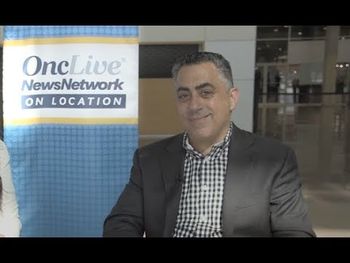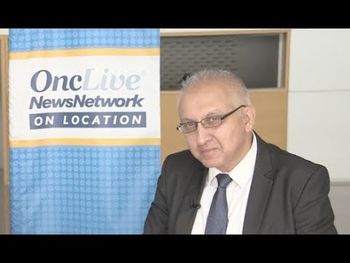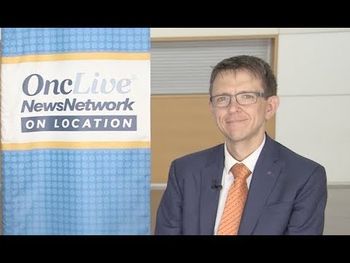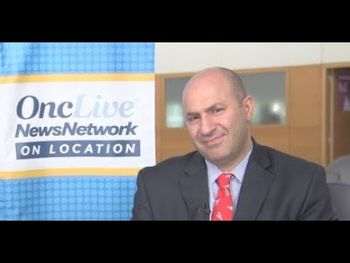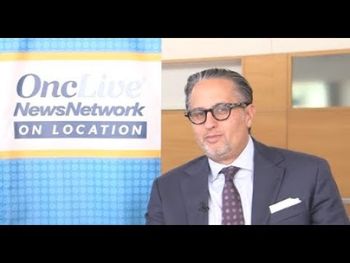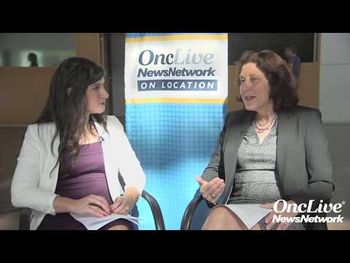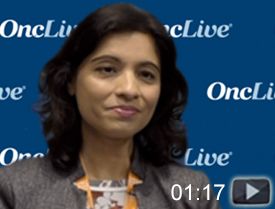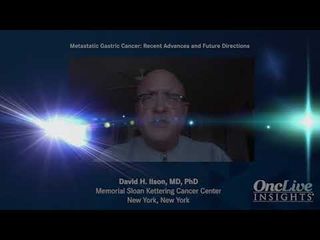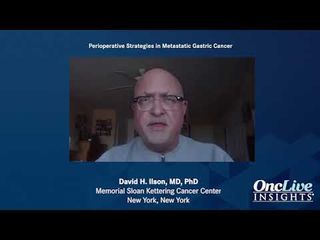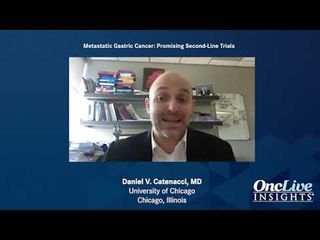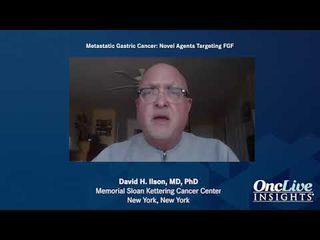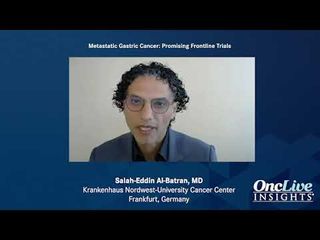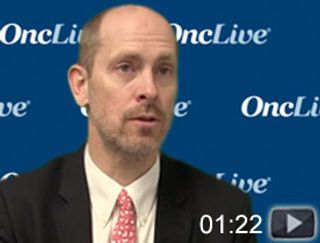
Gastrointestinal Cancer
Latest News
Latest Videos

CME Content
More News

Eileen O'Reilly, MD, associate director for clinical research and medical oncologist at Memorial Sloan Kettering Cancer Center, discusses agents in development in advanced pancreatic cancer.

Investigators are seeking to determine whether immunotherapy that has been effective in metastatic colon cancers with deficient DNA mismatch repair can be applied to earlier-stage disease, specifically, nonmetastatic stage III colon cancer.
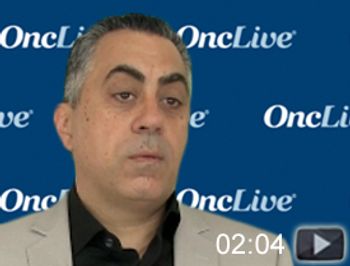
Tanios S. Bekaii-Saab, MD, FACP, medical oncologist, medical director, Cancer Clinical Research Office, vice chair and section chief, Medical Oncology, Department of Internal Medicine, Mayo Clinic, discusses the rationale to evaluate atezolizumab (Tecentriq) and bevacizumab (Avastin) in patients with microsatellite stable (MSS) metastatic colorectal cancer (mCRC).

Treatment with pemigatinib resulted in a durable objective response rate in 35.5% of patients with previously treated, locally advanced or metastatic cholangiocarcinoma who harbored an FGFR2 fusion or rearrangement.

During an OncLive Peer Exchange®, a panel of pancreatic cancer experts discuss how they select between first- and subsequent-line cytotoxic regimens and strategies they use to reduce toxicity, including dose modifications and alternative combinations. They also provide insights on some of the emerging therapies in clinical trials for advanced pancreatic cancer.
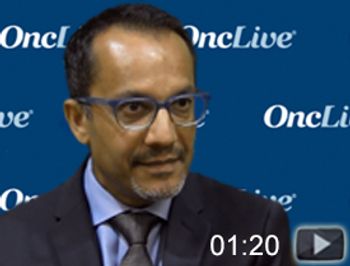
Gulam A. Manji, MD, PhD, discusses the importance of discovering other actionable targets for patients with colorectal cancer.

Howard S. Hochster, MD, FACP, discusses important takeaways from the randomized, double-blind, phase III POLO trial in pancreatic cancer.

Lewis R. Roberts, MB, ChB, PhD, discusses the past, present, and future of treatment in patients with perihilar and intrahepatic cholangiocarcinoma.  
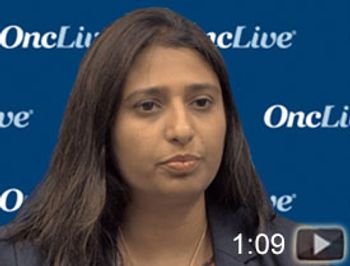
Rutika Mehta, MD, MPH, discusses a phase II trial that will combine ramucirumab with TAS-102 in patients with advanced gastric and gastroesophageal junction cancer.

Davendra Sohal, MD, MPH, discusses the SWOG S1505 data and other emerging areas of research in pancreatic cancer.

Nivolumab extended overall survival compared with chemotherapy in patients with previously treated advanced esophageal squamous cell carcinoma.
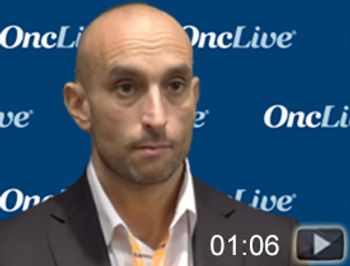
Nabil Djouder, PhD, discusses the role of liver regeneration in hepatocellular carcinoma.
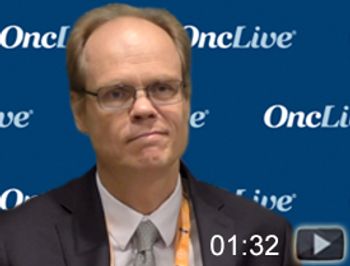
Tim F. Greten, MD, discusses the role of the gut microbiome in antitumor immunity in liver cancer.
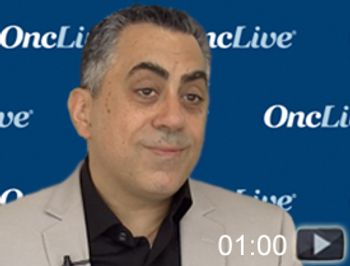
Tanios S. Bekaii-Saab, MD, FACP, discusses the implications of the randomized phase III APACT trial evaluating gemcitabine alone versus gemcitabine plus nab-paclitaxel as adjuvant therapy in patients with pancreatic cancer.

Treatment with ivosidenib reduced the risk of progression or death by 63% compared with placebo for pretreated patients with IDH1-mutant advanced cholangiocarcinoma.
